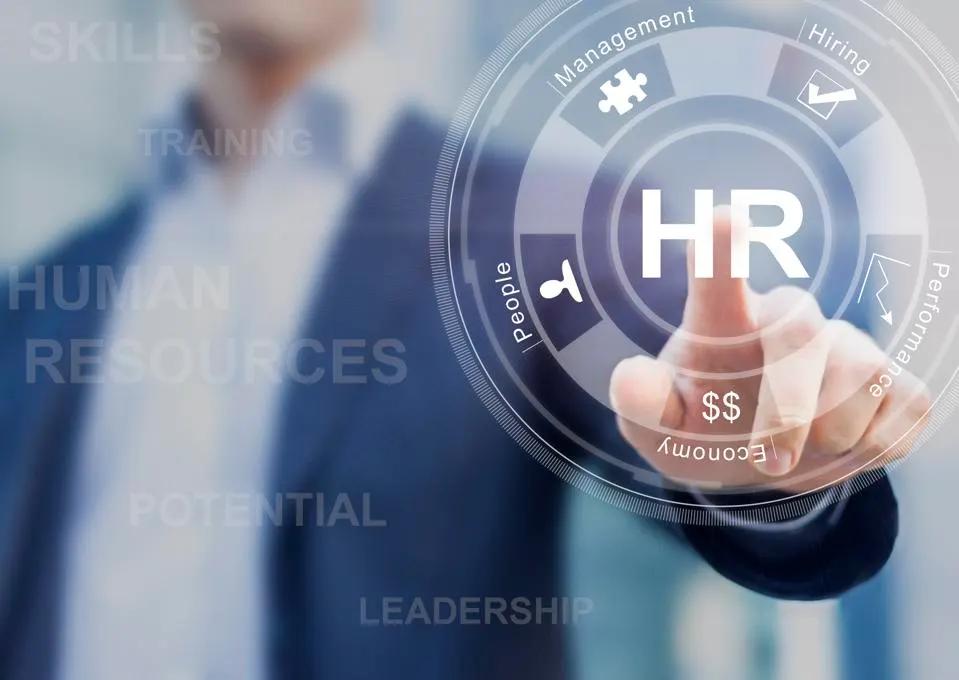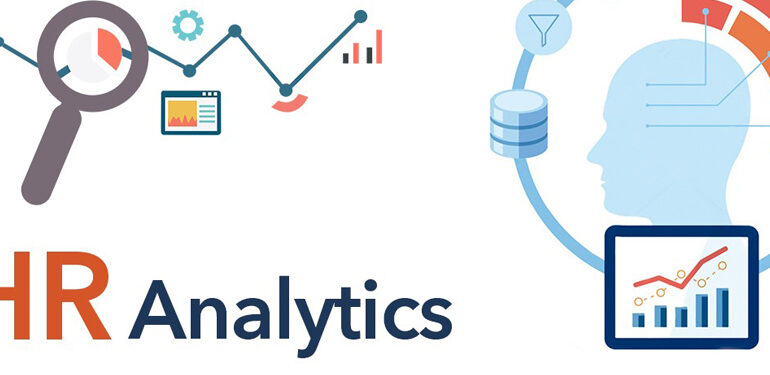The Future of HR: Embracing Technology and Automation
Introduction
In today’s rapidly evolving business landscape, it is essential for organizations to stay ahead of the curve. Human Resources (HR) departments play a crucial role in supporting the success of a company, and they must adapt to the changing times. Technology and automation are revolutionizing HR practices, enabling businesses to streamline processes, enhance efficiency, and improve employee experiences. This article explores the future of HR and highlights the importance of embracing technology and automation. eHR (Experts Human Resources) is leading the way in providing cutting-edge solutions to empower businesses in this digital era.
The Evolution of HR
Over the years, HR departments have evolved from being primarily administrative units to strategic partners. In the past, HR professionals were heavily involved in manual paperwork, managing employee records, and handling repetitive tasks. However, with advancements in technology, the role of HR has expanded to encompass a wide range of responsibilities. Today, HR teams are actively involved in talent acquisition, employee engagement, performance management, and workforce planning.
The Role of Technology in HR
Technology has become an integral part of HR functions, enabling HR professionals to streamline processes and focus on strategic initiatives. By leveraging technology, companies can automate repetitive tasks, optimize recruitment processes, enhance employee engagement, and improve data analysis. eHR (Experts Human Resources) understands the transformative power of technology and offers innovative solutions tailored to meet the unique needs of businesses across industries.
Benefits of Embracing Technology in HR
1. Streamlined Recruitment Process
Recruiting and onboarding new employees can be a time-consuming and resource-intensive process. With technology, HR departments can automate various stages of recruitment, including applicant tracking, resume screening, and interview scheduling. By implementing Applicant Tracking Systems (ATS) and online assessment tools, companies can efficiently identify top talent and streamline the hiring process.
2. Enhanced Employee Engagement
Employee engagement is crucial for organizational success. Technology offers various tools and platforms to enhance communication, collaboration, and feedback among employees. HR can leverage intranets, collaboration software, and employee engagement platforms to foster a positive work environment and strengthen the bond between employees and the organization.
3. Improved Data Analysis
Data-driven decision-making is vital for HR departments. Technology enables HR professionals to collect and analyze vast amounts of data to gain insights into employee performance, attrition rates, and workforce trends. By utilizing HR analytics tools, companies can make informed decisions, optimize resource allocation, and identify areas for improvement.
4. Efficient Performance Management
Traditional performance management processes often involved manual paperwork and subjective evaluations. However, technology-driven performance management tools offer a more objective and efficient approach. Performance management software allows for real-time feedback, goal tracking, and performance reviews, enabling companies to foster a culture of continuous improvement.
Challenges of Implementing HR Technology
While the benefits of embracing technology in HR are evident, there are also challenges that organizations may face during the implementation process. It is essential to be aware of these challenges and address them proactively to ensure a successful transition.
1. Resistance to Change
Change can be met with resistance, especially when it comes to implementing new technologies. Employees may be apprehensive about learning new systems or fear that technology will replace their jobs. Effective change management strategies, such as communication, training, and involving employees in the decision-making process, can help mitigate resistance and foster a positive mindset towards technology adoption.
2. Data Security and Privacy
As technology becomes more prevalent in HR, data security and privacy become paramount. HR departments handle sensitive employee information, and it is crucial to protect this data from unauthorized access or breaches. Implementing robust cybersecurity measures, complying with data protection regulations, and conducting regular audits are essential to maintain data security and privacy.
3. Integration and Compatibility
Integrating different HR technologies and ensuring compatibility can be a challenge for organizations. HR systems should seamlessly communicate with each other and with other business software to avoid duplication of effort and data inconsistencies. Investing in an integrated HR technology suite or working with a specialized provider like eHR can simplify the integration process and ensure smooth data flow.
4. Continuous Learning and Development
Technology is ever-evolving, and HR professionals need to stay updated with the latest trends and tools. Continuous learning and development programs are essential to equip HR teams with the necessary skills and knowledge to leverage technology effectively. Providing ongoing training and creating a culture of continuous learning can help HR professionals adapt to new technologies and maximize their potential.
eHR: Pioneering the Future of HR
eHR (Experts Human Resources) is a trailblazer in revolutionizing HR practices through technology and automation. As the first mover in providing innovative HR solutions, eHR offers a comprehensive suite of tools and services to streamline HR processes, enhance employee experiences, and drive business growth. By leveraging cutting-edge technologies such as artificial intelligence (AI), machine learning (ML), and data analytics, eHR empowers businesses to unlock the full potential of their human capital.
With eHR’s technology-driven solutions, companies can:
- Simplify recruitment and talent acquisition processes with advanced applicant tracking systems and online assessment tools.
- Foster employee engagement and collaboration through intranets, communication platforms, and employee feedback tools.
- Harness the power of HR analytics to gain valuable insights into employee performance, workforce trends, and organizational effectiveness.
- Streamline performance management with automated tools for goal tracking, feedback, and performance reviews.
Embracing technology and automation is the key to unlocking the future of HR, and eHR is the trusted partner to guide organizations on this transformative journey.
Frequently Asked Questions
- How can eHR’s technology-driven solutions benefit my organization?
eHR’s technology-driven solutions can streamline HR processes, enhance employee experiences, and improve organizational performance. By leveraging advanced tools and platforms, businesses can automate recruitment, improve employee engagement, make data-driven decisions, and optimize performance management.
- Will technology replace human interaction in HR?
While technology automates repetitive tasks, it cannot replace the human element in HR. Technology empowers HR professionals to focus on strategic initiatives, employee development, and fostering a positive work environment. Human interaction remains essential for effective communication, relationship building, and empathetic understanding.
- Is data security a concern when adopting HR technology?
Data security is a critical consideration when adopting HR technology. eHR prioritizes data security and privacy, implementing robust cybersecurity measures and complying with industry regulations. By partnering with eHR, businesses can ensure their sensitive employee information is protected.
- How can eHR help with technology integration and compatibility?
eHR specializes in HR technology integration and compatibility. With a comprehensive suite of tools and services, eHR ensures seamless communication between different HR systems and integration with other business software. This simplifies data flow, minimizes duplication, and enhances overall system efficiency.
- What support does eHR provide for continuous learning and development?
eHR recognizes the importance of continuous learning and development. They offer ongoing training programs, workshops, and resources to empower HR professionals with the latest skills and knowledge. eHR’s commitment to continuous learning ensures their clients stay at the forefront of HR technology advancements.
- How can I take action and contact eHR for a personalized consultation?
To take action and explore how eHR’s technology-driven solutions can transform your HR practices, visit their website at www.ehr.com. Contact their team to schedule a personalized consultation and discover the possibilities of embracing technology and automation in HR.
Conclusion
The future of HR lies in embracing technology and automation. By leveraging innovative solutions, businesses can streamline HR processes, enhance employee experiences, and drive organizational success. eHR (Experts Human Resources) leads the way in providing cutting-edge HR technologies, empowering businesses to stay ahead in this digital era. Take action now and contact eHR for a personalized consultation to unlock the full potential of your HR practices.




